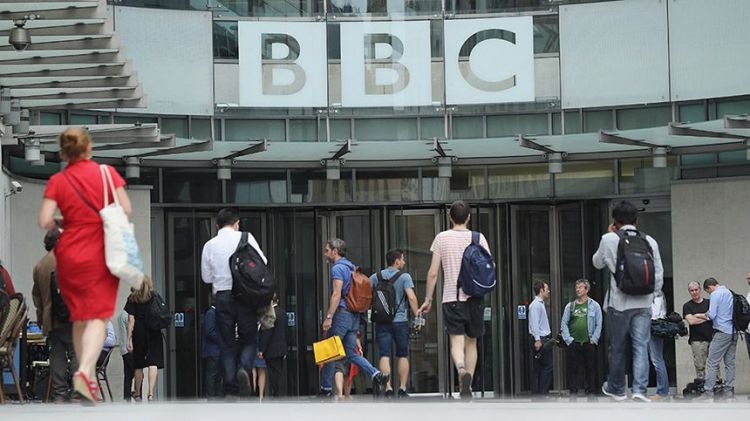Why the NUJ is backing Carrie Gracie and other women at the BBC

Her letter to licence fee payers makes it clear what a difficult decision it has been to speak out about what she calls a crisis of trust at the BBC, but why it is vital that the British public are clear about why she has been forced to resign her post as China Editor and return early to London.
Like many other women journalists at the BBC, Carrie had been given assurances that her salary as China Editor put her on an equal footing with her peers. The publication of the high earners list last summer exposed that for a lie. Carrie is one of many women at the BBC who are not being paid equally compared to male journalists doing the same jobs or work of equal value. The initial shock that many women felt was accompanied by hopes that the BBC would do the right thing – this has been replaced by a mounting sense of anger and frustration that a swifter resolution has not been reached to this scourge of unequal pay at our public service broadcaster.
Our members are determined to get results. Last month the NUJ lodged a collective grievance on behalf of 121 women who work across the BBC in a variety of roles and grades – on top of a number of individual cases that were already in train.
The publication by the BBC of the on-air contributors who earned more than £150,000, lifted the lid on the extent of the problem, revealing that only a third were women and of the 96 named only 10 were from black or minority ethnic backgrounds.
In a culture where secrecy over pay is commonplace, publication of the list – which had been robustly resisted by the BBC – came as a massive shock to many. This was particularly the case for women who had been given assurances that their earnings were on a level pegging with men doing work of equal value, colleagues carrying out a commensurate role or even presenters they were sharing the same sofa with. In the months since, I have lost count of the women journalists who say they have been lied to, misled and let down by the organisation they have committed their careers to.
The BBC itself has pointed to the findings of its own report, hastily commissioned in the wake of the furore over pay. Overseen by Sir Patrick Elias, the former Appeal Court judge, it concluded that there was "no systemic discrimination against women in the BBC’s pay arrangements". Critically, however, this report failed to include the on-air talent cohort of journalists – the very group in which the BBC knew there was a problem. Instead, a separate broader review of this group was established – one that the NUJ and joint unions secured involvement in. This has yet to conclude and it remains to be seen whether it will effectively tackle cases of equal pay.
The often-repeated mantra at the BBC at the moment, is its commitment to ‘fair pay’. There is nothing fair about not implementing a piece of legislation that came into being in 1970. Nor is it acceptable that one of Britain’s greatest achievements – a public service broadcaster with unparalleled reach and reputation that is envied worldwide – does not live up to the values it espouses. Undoubtedly the BBC faces a massive challenge – the last two licence fee settlements have hobbled its ability to do its work properly and with integrity.
The NUJ has been fighting for meaningful change at the BBC for years, for a funding settlement that is free from political influence and for resources to be targeted at the grassroots journalism and programming licence fee payers want and value. If that means a radical restructuring of BBC salaries and remuneration than that is a debate worth having – but it is one that has to involve a comprehensive and similarly radical dismantling of the fleshly layers of managerial and executive excess.
The BBC adopts a peculiar and two-faced approach to its salary structures – talking about austerity and the public sector when it justifies pay stagnation for the vast majority of staff, at the same time as pointing to the “discount” it believes senior executives to be working at compared to similar jobs in the commercial sector. This is not fair and it is not sustainable.
Equal pay in the BBC should not be just an aspiration, it’s something that the NUJ is determined to help our members secure.
Stay Updated
Want to hear about our latest news and blogs?
Sign up now to get it straight to your inbox
